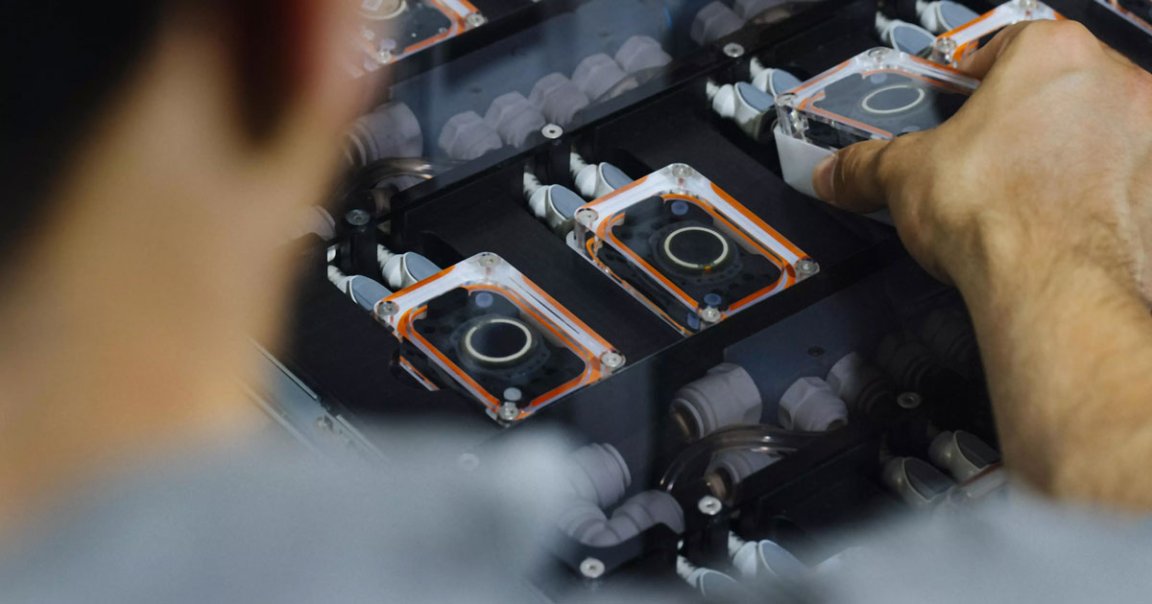
Elon Musk’s brain-computer interface company Neuralink is officially looking for test subjects for its upcoming human trials.
The six-year experiment, which the company is calling the PRIME Study (Precise Robotically Implanted Brain-Computer Interface), is aimed at folks with quadriplegia due to spinal cord injury or ALS, according to an official announcement, with the aim of giving them mental control over various devices.
Neuralink is hoping to test its first device, called the N1 implant, and its R1 robot, which will surgically implant the chip inside the participants’ brains. The company is also hoping to test out an app that turns brain signals into computer instructions, called the N1 User App.
Over the 18 months following the surgery, participants will go through a “combination of nine at-home and in-person clinic visits” and will have to commit at least two hours a week to these sessions, according to a pamphlet.
But there’s a lot we don’t know about the trial as well, such as how many participants the company wants to enroll or when the trial will actually kick off.
As The Verge points out, this isn’t exactly the cutting edge of science. The trial is far from the first time implants have allowed people with paralysis to control computer devices. Over the years, we’ve seen brain-computer interfaces that allow them to translate brain signals into speech, type, or even play video games.
However, the company’s efforts to robotically implant these implants and allow for wireless connectivity have intrigued some experts.
It’s only a tiny incremental step towards Musk’s sweeping vision for his company’s brain chip. In 2020, Musk promised Neuralink devices could solve numerous neurological conditions, including addiction or memory loss, or restore movement for people with spinal cord injuries. He’s even promised that one day, a Neuralink brain chip could allow for human-to-human telepathy.
In short, despite Musk’s grand ambitions, Neuralink still has a lot of work to do to catch up with its competitors — and isn’t about to completely revolutionize the field just yet.
After being rejected by US regulators for its application to start human trials last year, Neuralink finally got the go-ahead, an “investigational device exemption,” from the Food and Drug Administration back in May.
The company has also been embroiled in a fair share of controversy, a dark cloud that will likely hang over the upcoming trials. Last week, Musk pushed back against media reports and a federal investigation alleging animal cruelty, arguing that Neuralink’s brain implants didn’t actually kill any monkeys during testing — because they were terminally ill anyway.
Where that leaves the upcoming human trials remains to be seen. As with anything related to Musk’s ventures, it’ll be difficult to separate hype from actual scientific progress.
More on Neuralink: Elon Musk Says Neuralink Tests Only on Terminally Ill Monkeys